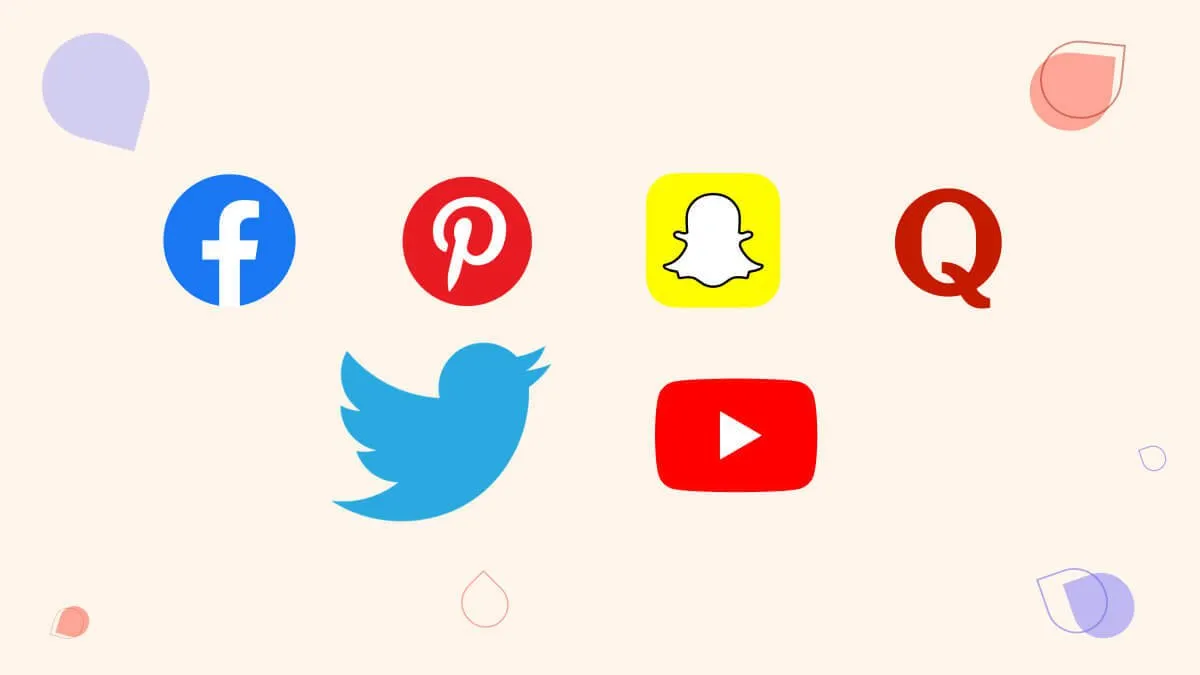Digital Minimalism: Is Deleting Apps the New Luxury?

There is a quiet, profound power in watching the second hand of a mechanical watch. A gentle, predictable sweep. It performs one function, flawlessly, and asks for nothing in return. It does not vibrate with breaking news, glow with a stranger’s opinion, or demand an immediate response. It simply measures the silent, irreversible passage of time: the one resource we can never get back.
Now, place that watch next to a smartphone.
The phone is a marvel of connection, a portal to infinite information. But it is also a chaotic, needy, and relentlessly demanding object. It is a casino in your pocket, designed by a thousand engineers whose sole job is to keep your eyes glued to its screen. It doesn't just tell time; it devours it.
For years, the pinnacle of status was having the latest, most powerful device. The conversation was about processor speeds, camera megapixels, and the sheer number of apps you could run. We are now at the beginning of a great inversion. A cultural shift where the new measure of influence and control isn't the device you own, but the degree to which you are not owned by it. The ultimate luxury is no longer acquiring more, but wanting less.
The Attention Marketplace: You Are the Commodity
To understand why subtraction has become a status symbol, we must first understand the environment we live in: the Attention Economy. In this economy, your focus is the most valuable resource, more precious than oil or gold. Every app, every platform, and every notification is a company bidding for a slice of your consciousness.
The business model of "free" technology is built on a simple transaction: you get access to a service, and in return, the service gets access to you. It harvests your attention and sells it to advertisers. The infinite scroll, the pull-to-refresh mechanism, the red notification dot—these are not features designed for your benefit. They are meticulously crafted tools of psychological extraction, engineered to trigger dopamine loops and create a state of perpetual, low-grade anxiety.
In this landscape, being constantly connected and "available" is not a sign of importance. It is a sign of being a captured and monetized resource. The truly powerful person is not the one who responds to an email within seconds, but the one whose time is so protected that they can afford to disconnect entirely.
Conspicuous Subtraction: The New Status Symbol
Sociologist Thorstein Veblen coined the term "conspicuous consumption" to describe how the wealthy displayed their status by acquiring luxury goods. Today, we are seeing the rise of "conspicuous subtraction." When you see someone with a "dumbphone" or a smartphone with only a handful of essential apps on a stark, black-and-white screen, it sends a powerful message. It says:
- "My attention is not for sale."
- "I am the master of my own time."
- "I have a rich and fulfilling life offline that does not require constant digital validation."
Deleting social media, unsubscribing from newsletters, and turning off notifications is the modern equivalent of building a walled garden. It is an act of defiance against a world that wants to commodify your every waking moment. It signals that you value deep thought over shallow engagement, and meaningful creation over mindless consumption. An empty phone screen is a declaration of cognitive freedom. It is a luxury good because, in 2025, a calm and focused mind is the scarcest resource of all.
The Experience of Less: What Happens When You Delete?
The initial moments of digital minimalism are often jarring. You pick up your phone out of habit, your thumb swiping to a space where an app used to be. This phantom limb sensation reveals the depth of the conditioning. The silence can feel like boredom.
But boredom, as you soon rediscover, is not a void to be filled. It is the fertile ground for creativity. It is the space where new ideas are born, where you notice the world around you, where you finally have a conversation with your own thoughts.
By removing the constant stream of external stimuli, you reclaim your internal world. You read more books. You have longer, uninterrupted conversations. You find yourself solving complex problems in your head while on a walk, because your brain is no longer being perpetually distracted.
This isn't about becoming a Luddite or rejecting technology. It is about moving from a position of passive consumption to one of intentional use. It’s the difference between using a tool and being used by one. The minimalist uses their phone for specific, high-value tasks: calling a loved one, navigating to a new place, listening to a specific podcast, and then puts it away. The tool serves them; they do not serve the tool.
In the 21st century, the ultimate luxury is not a full calendar or a full inbox. It is a clear mind. And the path to that clarity begins not with a download, but with a delete.